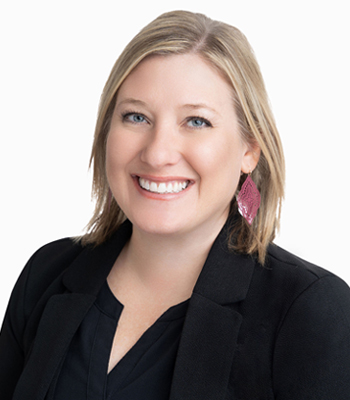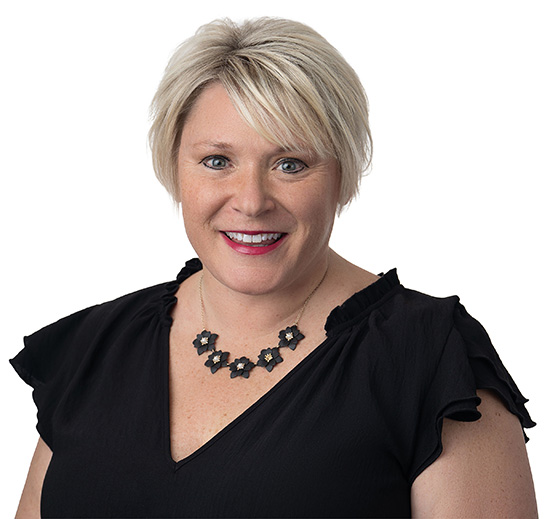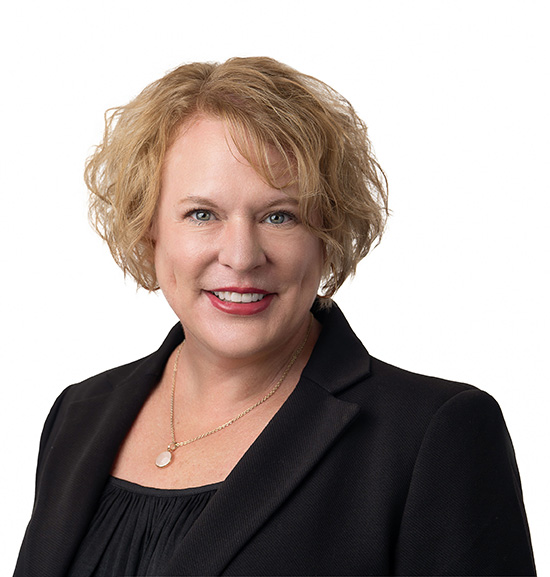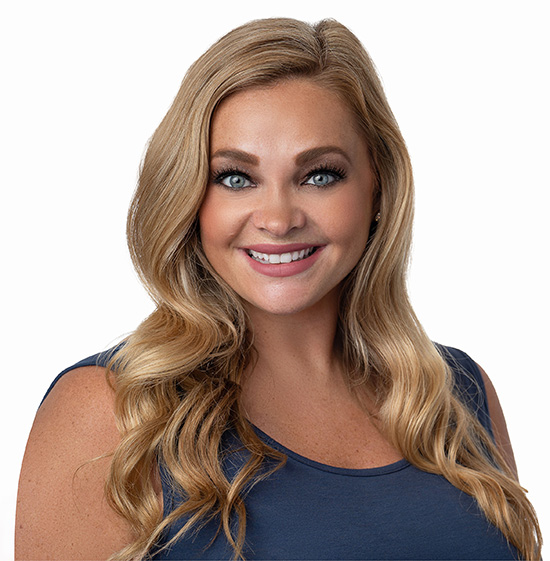Ask anyone who runs a business how they make it a success, and you’ll hear the same answer: it takes more than hard work and gumption to get it running and keep it thriving. That’s especially true for women who own a clothing resale store like Clothes Mentor or Children’s Orchard. Women who take on this kind of challenge share several common traits—they’re ambitious, flexible and always willing to learn and grow. The competitive resale business demands a savvy owner who stays on top of market trends, knows how to hire and nurture the right staff, and isn’t afraid of emerging technology. If you’re thinking about investing in an NTY Franchise Company store, here are some shortcuts from current owners happy to share their secrets for success!
Don’t Apologize for Being Particular
For Cindy Kehagiaras, being picky is perfect for her Children’s Orchard franchise in Manhattan Beach, California. This working mom purchased her franchise with her mother in 2010. She had never owned a business, and discovered Children’s Orchard when her son was born. She quickly realized she wanted her store to have a certain look and feel that aligned with her vision and values for her franchise.
To that end, she makes no apologies for being particular:
In purchasing (she only buys great condition, current styles)
In arranging displays (all clothing is color-coded by size and gender)
In making gentle corrections when she sees young customers being messy or destructive (she will charge customers who damage merchandise)
“You want an environment where people feel comfortable,” Cindy explains, “but you want to portray an air of organization.”
Make Interesting Hiring Decisions
In Charlotte, North Carolina, Clothes Mentor owner Alyssa Cox decided to take a chance and hire an employee who has Down Syndrome. It turns out to be one of the best decisions she has made for her franchise. 20-year-old Julia started as a greeter, but in less than a year has expanded her position to include handing out flyers and helping customers find particular items.
“She knows the merchandise,” Alyssa laughs, “because Julia likes to shop!” This sweet greeter has become a valuable part of the customer service team, and store patrons love her infectious smile and happy disposition. “Julia is a hardworking individual,” Alyssa says, “and our sales are higher when she’s there. It’s really great having her on our team.” Alyssa has plans to hire more workers with Down Syndrome, and she recommends other franchise owners strongly consider an employee with a disability when making hiring decisions.
Know Your Market
For savvy Sadie Cherney, a thorough knowledge of her market has proved invaluable to the success of her Clothes Mentor franchises in Greenville, Columbia, and Spartanburg, South Carolina. This 33-year-old bundle of energy hit the ground running when she opened her first store in 2013 and has never stopped doing market research.
“It was a steep learning curve,” Sadie admits, “but we are perpetually learning how to adapt to the customer and reach them.” She says she experiments with different media for advertising, and always looks for ways to buy what the customer is looking for.
Sadie is a Data Diva, thriving on crunching numbers and thrilled with the information her NTY Franchise Company corporate managers supply from their point of sales system. She learns about trends and pricing and says she’s always ready to adapt to the type of change dictated by her specific market.
“When it comes to fashion, we look for spike trends,” Sadie offers. “We buy with caution and we get rid of merchandise quickly when it doesn’t sell.” Her shoppers prefer Louis Vuitton, Coach, Michael Kors and Kate Spade handbags — and on-trend footwear including slides, athletic shoes and ankle boots. Sadie only accepts what she knows will appeal to her customer base. The average seller brings in a laundry basket, Sadie explains, “and we will normally accept about 15 pieces. From a large tote, we normally accept around 9 pieces.” After studying the data, Sadie says her store normally accepts about 25–30 percent of the items people bring in to sell, and employees look for current designer pieces and iconic styles that always appeal to her customer base.
Connect with Customers Inside and Outside of the Store
Exceptional customer service is a great basis for growing a business. But for women who own a clothing resale store, there are also some deeper reasons for making close connections with customers.
Buying and selling pre-owned clothing and accessories leaves less of an impact on the environment, and allows women to help other women in two ways. Sellers make on-the-spot cash for their pre-owned items, and buyers get fantastic deals on current fashions.
Some women who own an NTY Franchise Company store align themselves with like-minded groups, to further their goal of helping their community. Many owners, like Chris Barnett in Westchester and Springfield, Pennsylvania, have dedicated bins in their store to collect donations for women’s shelters and faith-based charities that help women. Chris says her overarching goal when she opened her business was to allow her young daughter to see women cheering each other on.
“We hold fundraisers and retail therapy parties,” Chris says, “to show women how beautiful they are by finding clothes that fit them the best.” And Chris’s husband Stephen gave up his law practice to mentor young employees, to help them build their portfolios and become successful, productive workers once they move on from Clothes Mentor.
Seek Out Social Media
Most owners agree, free advertising is a great option when it comes to reaching younger shoppers, especially millennials and Gen-Xers who constantly have their phones in hand.
At nearly 50 years old, Chris Barnett in Pennsylvania educated herself about Facebook and how to use it to successfully advertise her two Clothes Mentor stores. “We can communicate directly with customers and answer their questions immediately,” she says.
Cindy Kehagiaras in California takes it a step further — interacting with her Children’s Orchard customers on a daily basis on various social media platforms, and offering bilingual flyers for her Spanish-speaking patrons.
“We use elbow grease instead of the checkbook,” Cindy chuckles. “We don’t do traditional advertising. We put all our information on social media sites.” Cindy and her team also forward funny pictures and repost trending videos that are relevant to their customers. Their “likes’ and “shares” generate positive buzz for their business, and create a feeling of goodwill among their customers. After some trial and error, Cindy found that having an “Instagram rack” of photo-worthy items from all price points helps drive sales in her store.
Sadie Cherney hosts a monthly style segment on local TV in the Greenville/Spartanburg, S.C. area. “I get to style six mannequins for the news,” she says, “and I love it!” Sadie is a whiz at social media marketing and handles that part of the business for her three stores.
Obviously, customers are getting the message from these smart store owners, and are coming back to buy and sell their on-trend clothing and accessories. It’s all part of the recipe for success for these women who make it their business to keep other women looking and feeling beautiful.

















